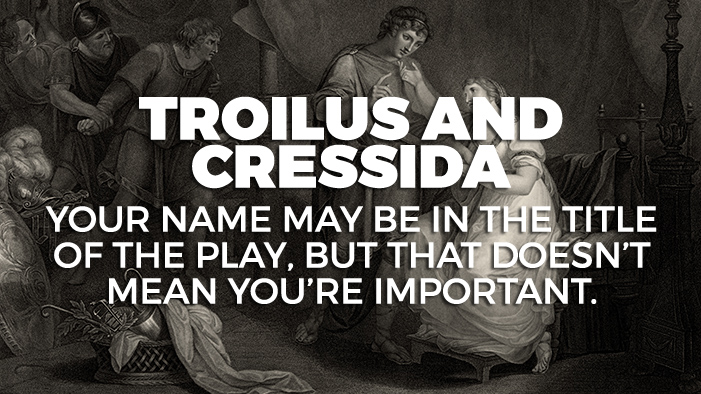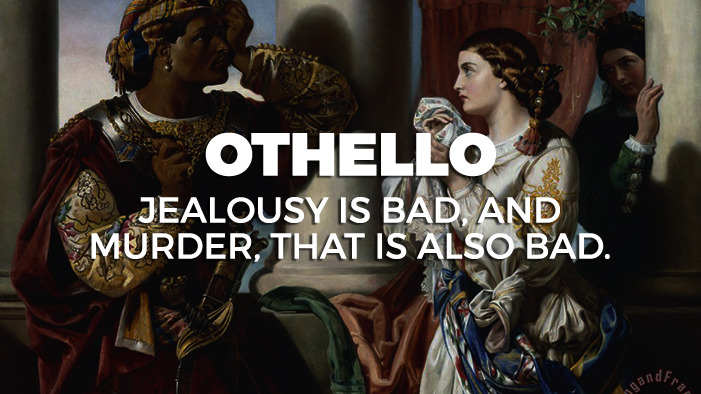If you’re hooked on props after seeing Forced Entertainment work their magic… you’re not alone.
Peek inside the New York Library’s collection of “Weird Objects,” including a lock of Walt Whitman’s hair, Jack Kerouac’s boots, and Virginia Woolf’s cane.
Get an overview of fields of study that focus on objects, plus links to interesting articles, in JSTOR’s blog (did you know JSTOR has a blog?) “Personification is your Friend: The Language of Inanimate Objects“:
Despite science’s general reluctance to approve of personification techniques as a teaching aid, this is really a natural way for people to express information—personification does often help us to understand concepts through human analogy. By turning objects into individuals, we can relate emotionally to their ‘histories,’ making them more memorable and studies have shown this does help kids learn.
“Everything is Alive” is a new podcast featuring host Ian Chillag, interviewing inanimate objects. Listen to an interview with Ian Chillag and NPR’s Ari Shapiro, and read a review of the podcast in the New Yorker.


